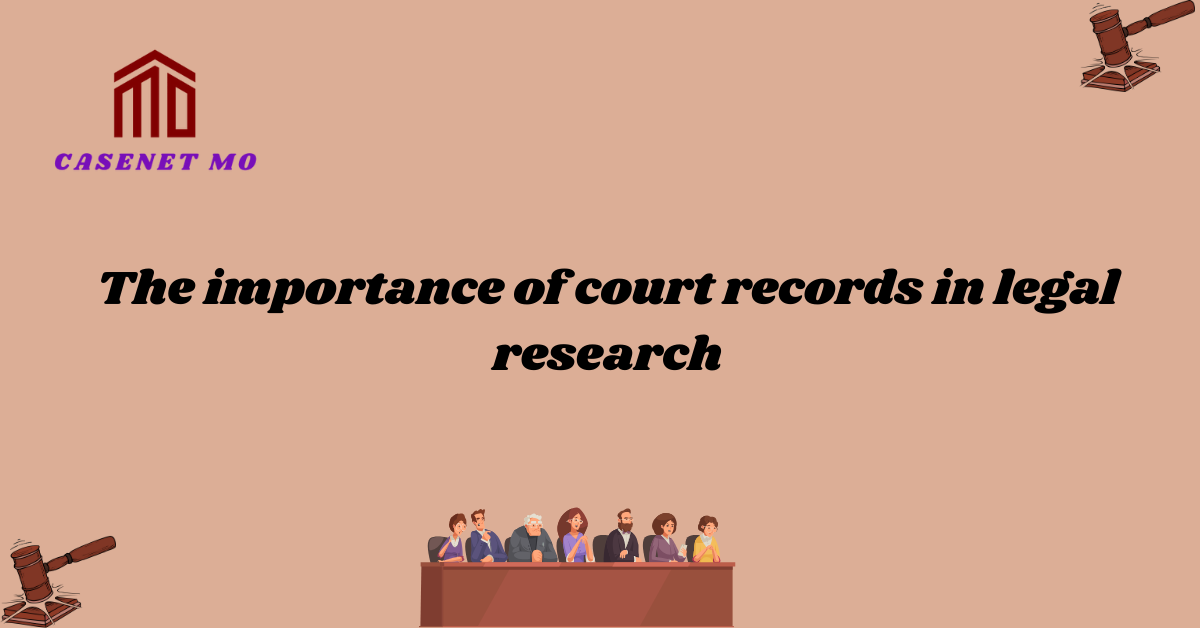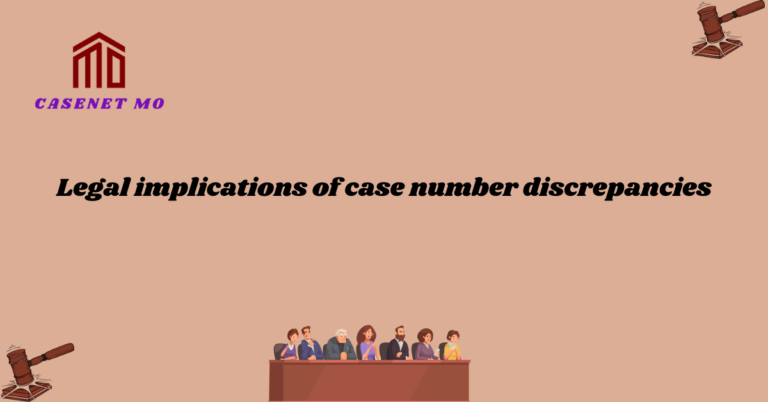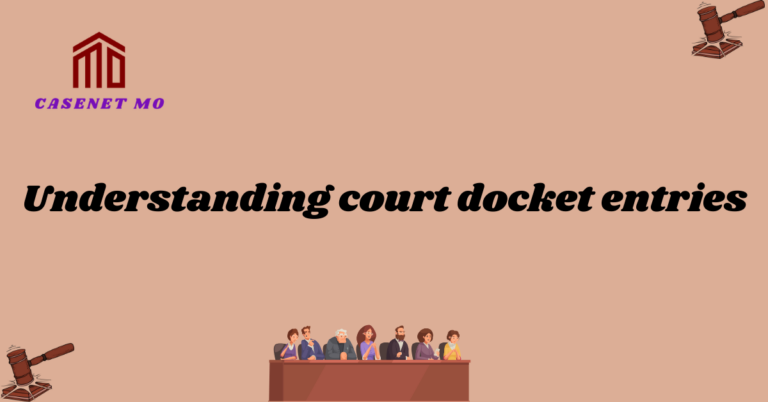The importance of court records in legal research
Court records play a pivotal role in the realm of legal research. They provide a comprehensive and unbiased account of past court proceedings, offering valuable insights into the intricacies of the judicial system. By delving into these records, legal professionals and researchers gain access to a wealth of information that can shape the trajectory of a case, inform legal strategies, and contribute to the pursuit of justice.
With their meticulous documentation of trials, hearings, and judgments, court records serve as a vital resource for attorneys, scholars, and anyone seeking a deeper understanding of the law. From criminal trials to civil disputes, these records offer a glimpse into the intricacies of legal proceedings, allowing us to piece together the puzzle of a case and examine the factors that influenced its outcome. Whether it’s uncovering precedents, analyzing legal arguments, or tracing the evolution of legal doctrines, court records provide an indispensable foundation for legal research.
The Importance of Court Records
Court records play a crucial role in the realm of legal research, providing a comprehensive and unbiased account of past court proceedings. These records offer valuable insights into the intricacies of the judicial system, allowing legal professionals and researchers to gain access to a wealth of information that can shape the trajectory of a case, inform legal strategies, and contribute to the pursuit of justice.
A Wealth of Information
With their meticulous documentation of trials, hearings, and judgments, court records serve as a vital resource for attorneys, scholars, and anyone seeking a deeper understanding of the law. From criminal trials to civil disputes, these records offer a glimpse into the intricacies of legal proceedings, allowing us to piece together the puzzle of a case and examine the factors that influenced its outcome.
Uncovering Precedents
Court records enable us to uncover precedents, which are essential in legal research. By analyzing past cases and their outcomes, we can identify patterns and principles that guide current legal arguments. These precedents provide a foundation for legal arguments, helping attorneys present persuasive cases and influence the decisions of judges and juries.
Analyzing Legal Arguments
Beyond precedents, court records allow us to analyze the legal arguments presented in past cases. By studying the strategies employed by attorneys, we can gain insights into effective tactics and approaches to building a strong case. This knowledge helps attorneys craft persuasive arguments and anticipate counterarguments, strengthening their overall legal strategy.
Tracing the Evolution of Legal Doctrines
Court records also enable us to trace the evolution of legal doctrines over time. By examining how certain legal principles have been applied and interpreted in different cases, we can understand the development and evolution of legal theories. This understanding is crucial for legal scholars and researchers who aim to contribute to the ongoing discourse and development of the law.
FAQs
What information do court records provide?
Court records play a crucial role in the realm of legal research, providing a comprehensive and unbiased account of past court proceedings. These records offer valuable insights into the intricacies of the judicial system, allowing legal professionals and researchers to gain access to a wealth of information that can shape the trajectory of a case, inform legal strategies, and contribute to the pursuit of justice.
Why are court records important for legal professionals?
Court records serve as a vital resource for attorneys, scholars, and anyone seeking a deeper understanding of the law. From criminal trials to civil disputes, these records offer a glimpse into the intricacies of legal proceedings, allowing us to piece together the puzzle of a case and examine the factors that influenced its outcome.
How do court records help in legal research?
Court records enable us to uncover precedents, which are essential in legal research. By analyzing past cases and their outcomes, we can identify patterns and principles that guide current legal arguments. These precedents provide a foundation for legal arguments, helping attorneys present persuasive cases and influence the decisions of judges and juries.
What can we learn from analyzing court arguments?
Beyond precedents, court records allow us to analyze the legal arguments presented in past cases. By studying the strategies employed by attorneys, we can gain insights into effective tactics and approaches to building a strong case. This knowledge helps attorneys craft persuasive arguments and anticipate counterarguments, strengthening their overall legal strategy.
What insights do court records offer on legal doctrines?
Court records also enable us to trace the evolution of legal doctrines over time. By examining how certain legal principles have been applied and interpreted in different cases, we can understand the development and evolution of legal theories. This understanding is crucial for legal scholars and researchers who aim to contribute to the ongoing discourse and development of the law.
Conclusion
In conclusion, court records provide an indispensable foundation for legal research. They offer a comprehensive and unbiased account of past court proceedings, allowing legal professionals and researchers to access valuable information that can shape the trajectory of a case, inform legal strategies, and contribute to the pursuit of justice. By uncovering precedents, analyzing legal arguments, and tracing the evolution of legal doctrines, court records empower us to navigate the complexities of the legal system and seek justice.







